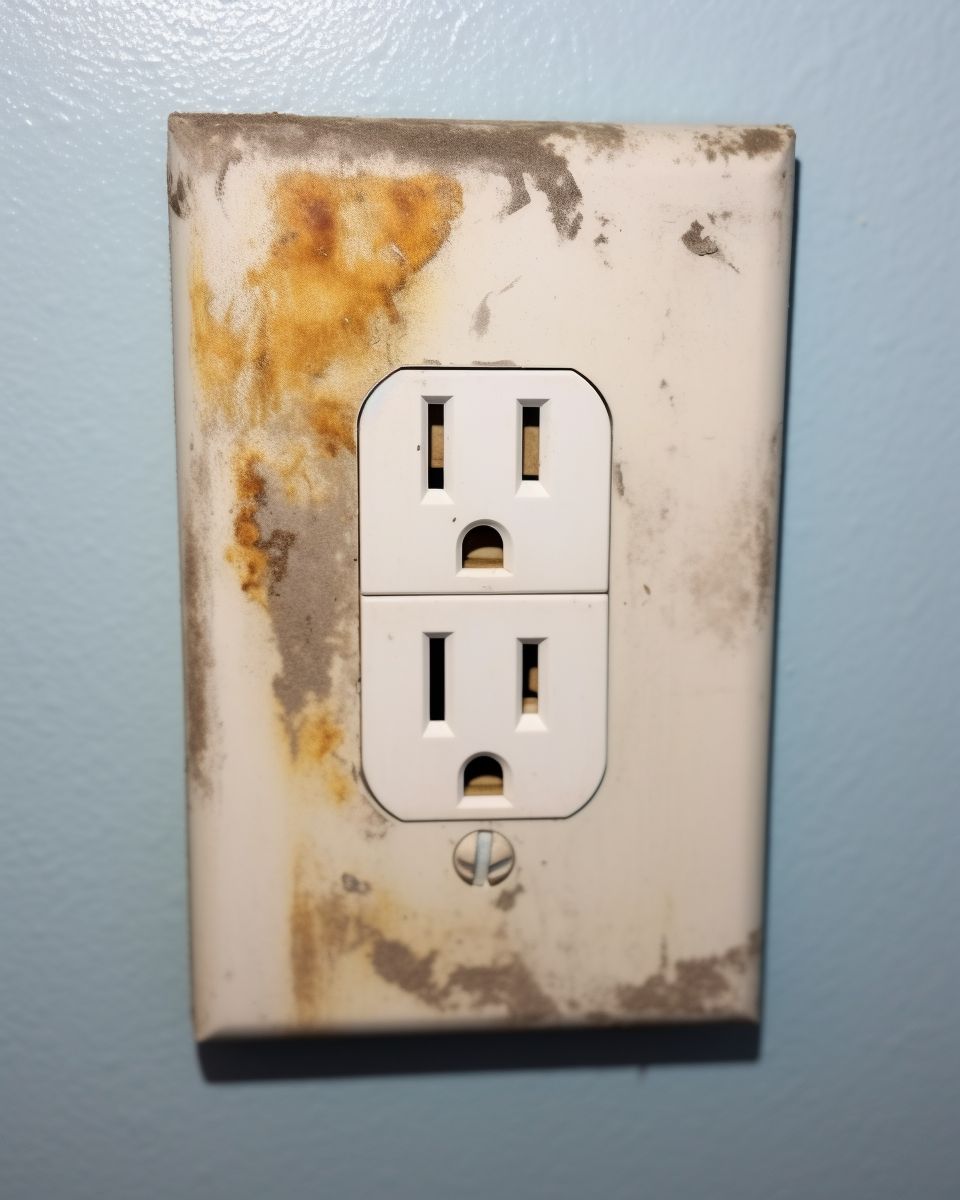
Mom posted warning about fishy smell coming from her son’s room, discovers the root cause was due to electrical outlet
To comprehend the connection between the fishy smell and melting electrical outlets, we must delve into the workings of these systems. Electrical outlets are designed to provide a safe and reliable connection for various appliances and devices. However, when the demand for electricity surpasses the outlet’s capacity, it can result in an electrical overload. This excessive current flow generates heat, which can cause wires, insulation, and other components within the outlet to melt or burn.
The fishy smell associated with these incidents isn’t actually from fish but is a result of the materials within the outlet heating up and emitting noxious odors. The scent is often likened to the smell of burning plastic or rubber. The presence of this smell serves as an alarming indicator of an ongoing electrical malfunction that requires immediate intervention.
Common Causes
Several factors can contribute to the occurrence of an electrical overload and subsequent melting outlets:
Overuse of Outlets: Plugging too many devices into a single outlet or using multiple power strips to connect several devices can strain the outlet and its wiring.
Faulty Wiring: Poor wiring practices, such as incorrect connections or deteriorated insulation, can exacerbate the risk of overheating.
Aging Infrastructure: Outdated electrical systems may struggle to cope with modern energy demands, leading to overloads.
Appliance Malfunctions: Faulty appliances can draw more power than they should, overloading the circuit and outlet.
Prevention and Response
The link between a fishy smell and melting electrical outlets underscores the importance of preventive measures and timely action. To mitigate the risk of electrical overloads and melting outlets, consider the following steps:
Proper Outlet Usage: Avoid overloading outlets with too many devices. Distribute the load across multiple outlets or use power strips judiciously.
Regular Inspections: Conduct routine checks of your electrical outlets and wiring for signs of wear, damage, or discoloration.
Appliance Maintenance: Ensure that your appliances are in good working condition and don’t draw excessive power.
Professional Inspection: If you detect a fishy smell or witness any signs of melting outlets, immediately turn off the power to that outlet and seek professional assistance from a certified electrician.
Upgrading Electrical Systems: If you have an older home, consider upgrading your electrical system to handle modern energy demands more effectively.
continued on next page